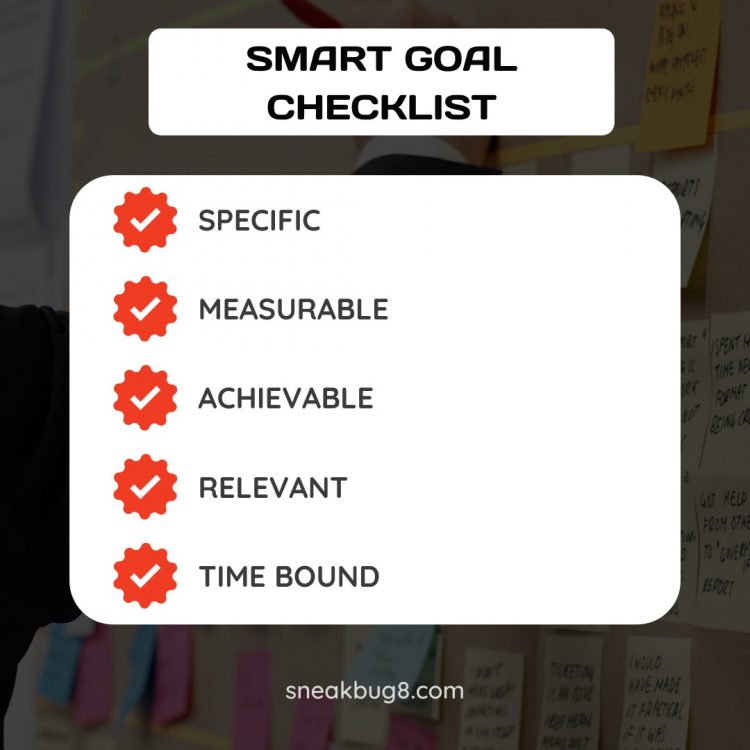SMART technique for setting goals
Published by Pavel Nakonechnyy on (updated: ) in Leadership and Soft Skills.
During everyday work, you may often face the need to set goals. These goals are usually related to projects, processes or career changes. In most cases, you won’t be alone working on a goal. SMART technique can help you share goals with other people and deliver them in time.
The acronym SMART stands out for five characteristics: Specific, Measurable, Achievable, Relevant, Time-bound.
How to set up SMART goals:
State a specific result. To do that, answer the following questions:
- What are the criteria of goal’s completion?
- What do you want to accomplish?
- What are the boundaries of this project?
Make your goal measurable. A measurable goal should answer the following questions:
- How can you measure success in absolute and relative numbers?
- How big are the changes or work required?
An example of a measurable goal would be: “To increase direct sales of the Book by 30% by the end of the year.”
Achievable. Your goal must be realistic if you want to accomplish it. It should be difficult, but attainable. Achievable goal should answer the following questions:
- What resources will be needed to achieve this goal?
- Will you get support of your manager or colleagues?
- Have anyone achieved this goal before?
Do not set up goals on things you don’t control or influence. A goal of getting a promotion doesn’t depend much on you.
Relevant. Now you need to ensure that this goal is important to you, organization and your colleagues.
- Does this goal align with other goals?
- Is this goal worthwhile?
- What are the prerequisites for this goal? Are they fulfilled?
- Are you the right person to follow this goal?
Time-bound. Every goal needs a deadline which will mark a limited time you’ll focus on this goal. Deadlines help you to prioritize everyday tasks and longer-term goals.
- When do I stop working on this goal?
- What will I do six months from now?
- What will I do in a month?
- What will I do today?
SMART is an effective tool that provides the clarity, focus and motivation you need to achieve your goals. It can also improve the overall ability to reach them by encouraging you to define your objectives and set a completion date. SMART goals are also easy to use by anyone, anywhere, without the need for specialist tools or training.
When practised, you’ll apply SMART to all your goals and it’ll take no longer than a minute for you to formulate a new goal.